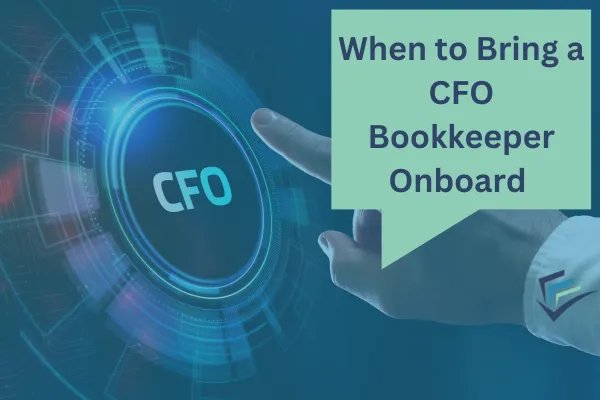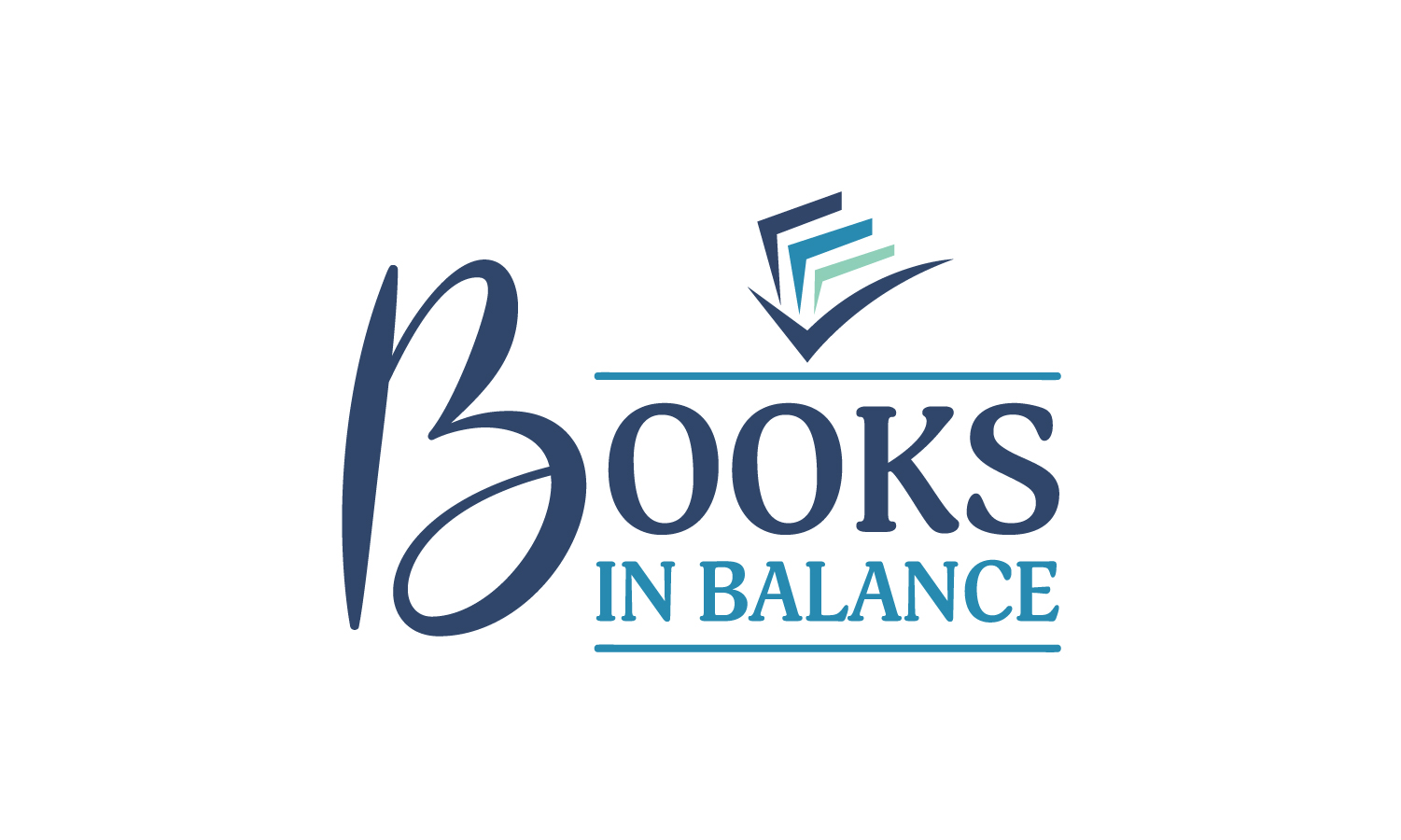Join Our Facebook Group!
The Books in Balance Blog

When To Bring A CFO Bookkeeper Onboard
“If you want to go fast, go alone. If you want to go far, go together.” - African Proverb
Introduction:
One characteristic of nearly all entrepreneurs is the passion they bring to their businesses. But whether you’re a skilled butcher, a terrific writer, or the best soap maker in town, there are functions of your company that you’ll need help with. No aspect of running a small business makes this more apparent than staying on top of your finances. That's where a CFO Bookkeeper comes in.
"How do I know when it's time to hire a CFO Bookkeeper?"
As a small business grows and evolves, it requires a set of financial skills and talents that are often beyond what most bookkeepers do.
To get a more in-depth understanding of your firm’s financial health and a holistic view of how it can be run more profitably, it often takes the skills of a chief financial officer. But how do you know when it’s time to bring a CFO Bookkeeper onboard?
There is no one-size-fits-all answer or formula for organizations to use to determine whether or not it’s time to hire a CFO Bookkeeper. At Books in Balance, Lynnette Kiss can help you identify signs that point to bringing your CFO onboard.
1. Your company is experiencing rapid growth
Rapid growth is an important indicator that a CFO is needed. Growth often requires an expansion of automated systems and a potential need for additional capital and financing. A CFO is well-suited to handle the increased complexity that accompanies rapid revenue growth and the added reporting requirements.
2. Your business has adequate revenue, but struggles to pay vendors or employees on time
Cash flow is frequently a struggle for small and medium sized businesses. It doesn’t have to be. A CFO can help implement policies and project expenses to ensure there is cash in the bank when it is needed. The peace of mind that comes with knowing you can cover your business expenses is immeasurable.
3. Profitability is not at the desired level
Just because new business is coming through the door, it doesn’t necessarily mean you’re making more money. Many small businesses say yes to a new client, but don’t understand how to evaluate the costs associated with servicing that customer.
A CFO can step in to determine the cost structure of each new piece of business and, more importantly, what your company needs to charge to actually make money on the work you’re doing.
The CFO should always be looking for ways to bring in more cash while finding ways to keep costs down. For example, they may implement new technologies or systems to improve productivity and efficiency. Improving productivity and efficiency will ultimately improve profitability.
Considering a CFO Bookkeeper for your growing business?
As with any executive role, one of the greatest things preventing organizations from hiring a CFO is cost. And for most small businesses, the high price tag associated with hiring a CFO is unobtainable. A CFO Bookkeeper is a more affordable option.
At Books in Balance, Lynnette Kiss can help you explore the business possibilities and benefits that come with outsourcing a CFO Bookkeeper.
For more information about services, or to book your free consultation, visit www.mybooksinbalance.com.
The information provided is presented for general information purposes only and does not constitute tax, legal or business advice.
Copyright © 2025
BK Financial Services, LLC, Bay City, TX
(979) 475-9997




